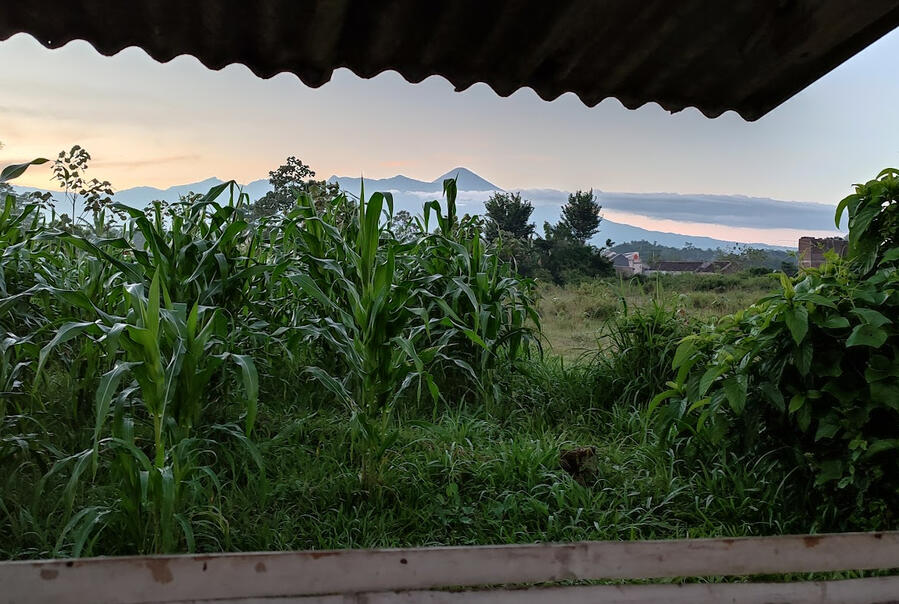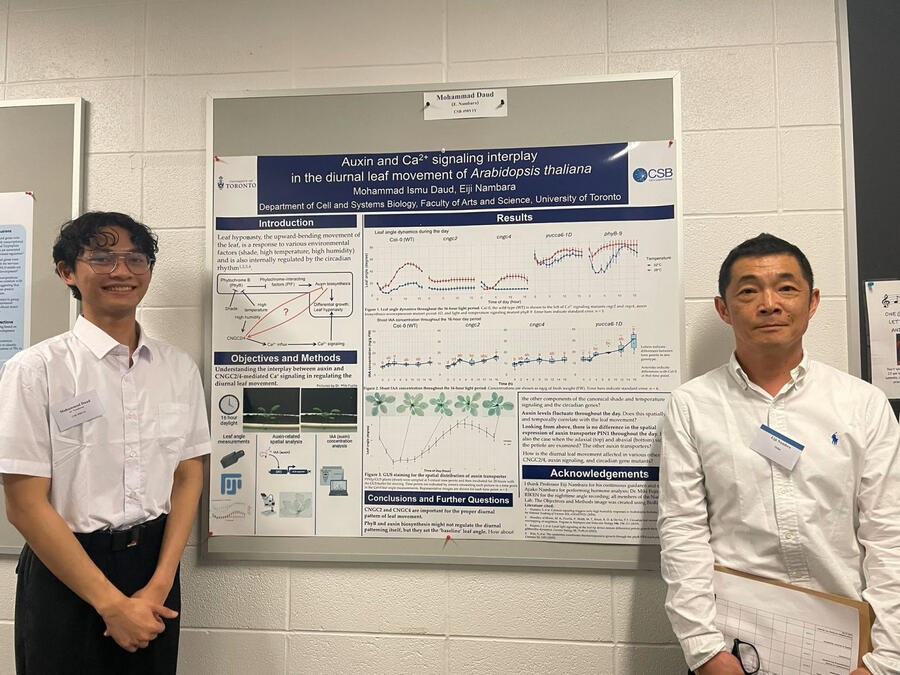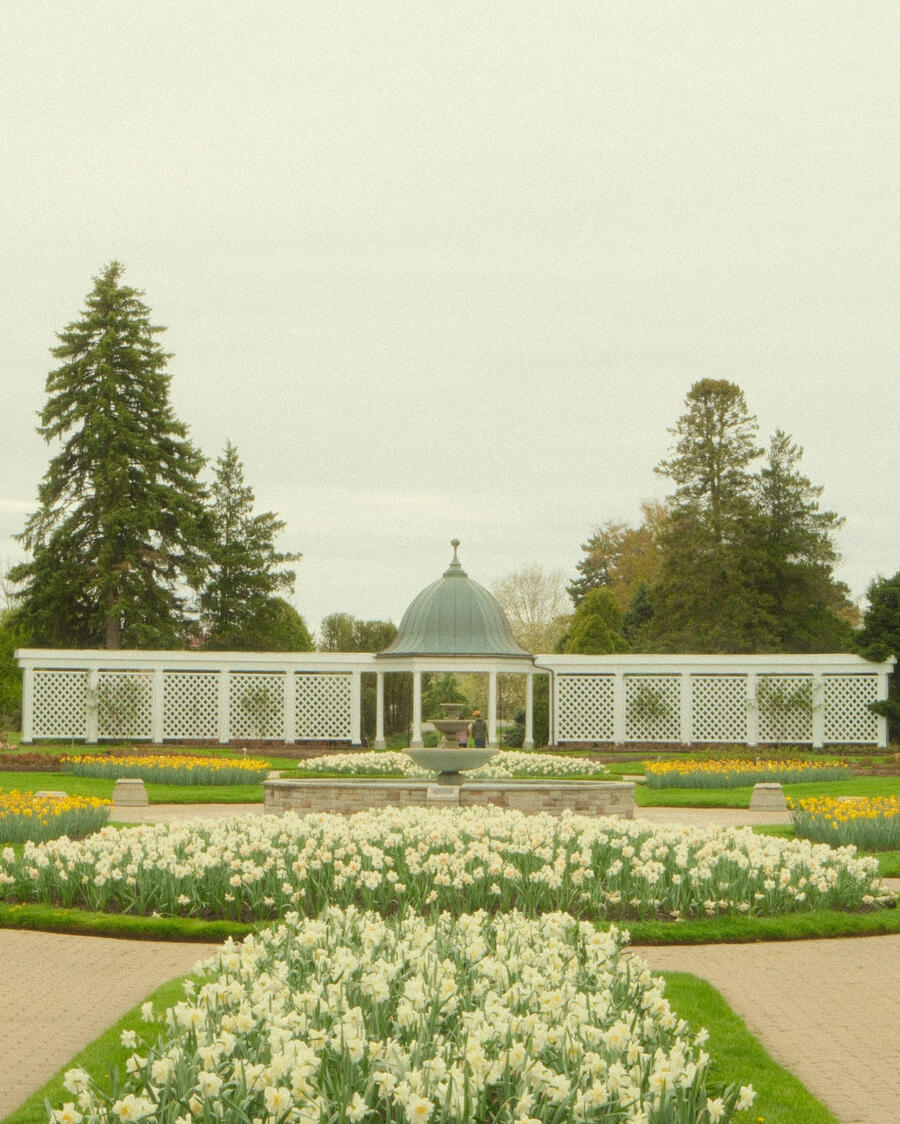Salaam
Hi, I'm Mohammad Ismu Daud. I share some of the things that I care about.
About me

I was born and raised in Java ☕, Indonesia. In 2022, I was honored to receive the Indonesia Maju Scholarship (BIM) from the Indonesian Ministry of Education, Culture, Research, and Technology to pursue my undergraduate studies at the University of Toronto, Canada.I'm currently in my third year, specializing in molecular genetics (mostly) and microbiology.
Science communication
I care deeply about science — and I hope others do too.Scientific progress relies on public support. When society understands and values science, we’re more likely to build policies and decisions grounded in evidence (looking at you, governments 👀).That’s why I try to share what we do in my field, how we do it, and why it matters, in a manner that’s accessible and engaging (hopefully) to the general public.On Instagram, I post bite-sized explanations of some of my favorite topics in biology (mostly molecular biology) in Indonesian. I’m also considering expanding to English to reach a broader international audience.I'm also somewhat active on X and Threads where I sometimes write about what I think of stuff. But for now, I mostly just repost when cool papers drop.
Scientific pursuits
As the global population continues to grow, so does the need for nutritious, high-quality food. Unfortunately, this demand coincides with a rapidly changing climate that puts stress on plants, one of humanity’s most vital food sources.My (current) personal goal as a scientist is to contribute to improving plant resilience and productivity, helping crops withstand environmental uncertainties while producing abundant and healthier food for all.I decided to study molecular biology and genetics because I believe that every organism is fundamentally shaped by its genetic material, and that the key to solving many of our biggest challenges lies in understanding life at the tiniest scale.
Plants move

Throughout my 3rd year and the summer before, I conducted a thesis project under the supervision of Dr. Eiji Nambara on the day/night cycle of leaf movement in Arabidopsis thaliana, one of the model organisms of plant biology. Ultimately, we try to build the molecular model that may regulate this diurnal movement.How do leaves move, and, more importantly, why? Is it to maximize sunlight intake for food production? Do they also move at night? If so, why? Could understanding these movements help us optimize crop performance in changing environments? This project was just baby steps towards answering those questions.
How does lipid-building machinery work?
This summer, I'm stepping a little outside of my 'genetic bubble'. Together with a graduate student and a postdoctoral researcher in the laboratory of Dr. Mohammad Mazhab-Jafari, we're investigating the structure of a fatty acid-producing machinery called fatty acid synthase (FAS). Specifically, we're studying the FAS of Mycobacterium tuberculosis and Candida albicans, pathogens that cause tuberculosis and candidiasis, respectively.Fatty acids are essential lipid molecules that form the structural foundation of all living organisms. The ability to synthesize them properly is critical for survival. By understanding how these pathogens build their fatty acids, we can hopefully contribute to the development of therapies that can attack their lipid-building machinery, rendering them incapable of causing diseases.
Plant vs animal
When I first entered U of T, my main scientific motivation was food security (as I explained above). But in second year, I found myself in Molecular Genetics program, which is affiliated with the Faculty of Medicine. That meant my coursework leaned heavily toward biomedical science, while at the same time, I was doing research in plant biology.If you scroll through my X timeline, you'll see a blend of plant and biomedical sciences.Over time, I’ve really come to enjoy this dual exposure. From attending talks and chatting with people in both fields, I love making mental connections between them. Sometimes, I have this feeling that plant research kind of lags behind biomed in adopting new tools and technologies. But then there are moments when animal scientists draw inspirations from plants.I guess the life lesson here is: plant people and animal people should talk more. We'd probably all benefit from it.
Sometimes, I like to take pictures.
Get in touch
I can be reached via email and social media.
